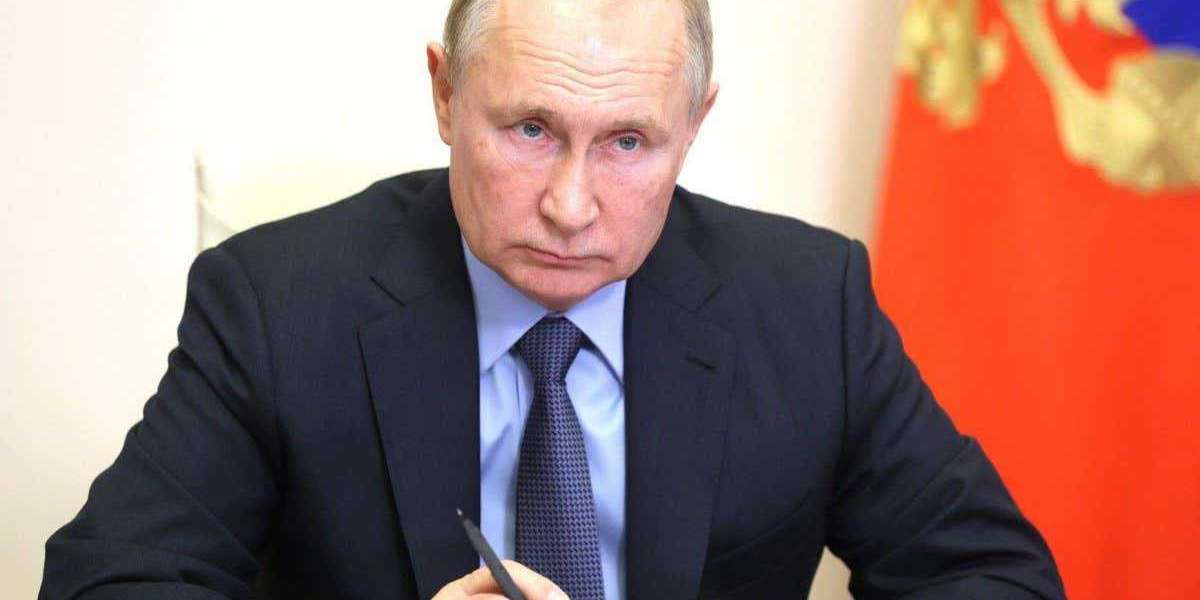The statement by Russian President Vladimir Putin that his nuclear forces were on standby provoked widespread condemnation in the West as the invading soldiers encountered fierce opposition on Monday.
In a rare emergency session, the United Nations General Assembly will convene on Monday to debate the war, which has cost dozens of deaths and sparked worries that it would force millions of people to flee their homes.
Ukraine has also stated that it has agreed to send a team to meet with Russian authorities near the border with Belarus, which would be the first public interaction between the two countries since the outbreak of the war.
Despite Russia's invasion of Ukraine on Thursday and its fast announcement that it has neutralized major Ukrainian military sites, ferocious combat has erupted since then.
According to the United States, Ukrainian soldiers, backed by Western weapons, are stymieing the advance of Russian troops. The United States has taken the lead in Western censure and a campaign of sanctions against Russia.
Putin ordered Russia's nuclear forces to be placed on high alert on Sunday in reaction to what he described as "unfriendly" actions by the United States and its allies. Russia possesses the world's biggest arsenal of nuclear weapons, as well as a massive stockpile of ballistic missiles, according to the International Atomic Energy Agency.
According to the United States, which is the second greatest nuclear power in the world, Putin's command is "completely unacceptable."
Putin's nuclear order, according to Germany, was sent because his offensive had "stopped" and was not proceeding as planned.
Dmytro Kuleba, Ukraine's foreign minister, expressed defiance ahead of planned meetings with Russian President Vladimir Putin, while the Ukrainian military defended major towns.
Kulleba said that his people would never surrender and would never give up a single inch of their territory.
The Ukrainian president, Volodymyr Zelensky, expressed skepticism about the negotiations.
"As is often the case, I have little confidence in the result of this meeting, but I will allow them to try," he added.
On the fourth day of a Russian invasion that astonished the world, Ukrainian troops said Sunday that they had repulsed a Russian assault into Kharkiv, Ukraine's second city, which is 500 kilometers (310 miles) east of the capital, Kyiv.
According to Oleg Sinegubov, a regional official, Kharkiv had been placed under Ukrainian control and the Ukrainian army was removing Russian soldiers from the city.
Moscow, on the other hand, has made more progress in the south and has said that it is besieging the cities of Kherson and Berdyansk.
Located adjacent to the Crimean peninsula, which Russia invaded from Ukraine in 2014 and from which it launched one of the multiple invading troops, both cities are popular tourist destinations.
The Ukrainian government said that they were battling off Russian forces in a number of other regions and that 4,300 Russian soldiers had been killed in the process.
Many Kyiv residents spent yet another night in bunkers or cellars as the Ukrainian military claimed to be battling Russian "sabotage elements" in the city.
However, compared to the first several days of conflict, Sunday was comparatively tranquil, and the city was placed under a blanket curfew until the early hours of Monday morning.
In response, Ukraine has enlisted the help of its own citizens to fight Russia, with a brewery in Lviv, in the country's western region, transforming its production line from beers to explosives, producing Molotov cocktails for the volunteer warriors.
According to Western sources, the strength of the opposition seems to have taken Moscow completely by surprise.
Since the beginning of the invasion, Ukraine has claimed 198 civilian fatalities, including three children, and Russia has confirmed for the first time that a number of its soldiers have been killed or injured.
According to the United Nations, 64 civilians have died in the war, and the European Union estimates that more than seven million people may have been displaced as a result of it.
According to Janez Lenarcic, the EU commissioner for crisis management, "we are witnessing what has the potential to become the worst humanitarian disaster to hit our European continent in many, many years."
A volunteer at the Medyka border crossing with Poland, Jasinska, stated that the long line of arriving passengers, most of whom are women and children, need warm clothing.
According to AFP, Ajmal Rahmani, an Afghan who fled Afghanistan for Ukraine four months before the US pullout, told the agency as he crossed the Medyka river with his family: "I'm fleeing one war, and when I arrive in another country, another one begins. It was a terrible piece of luck."



